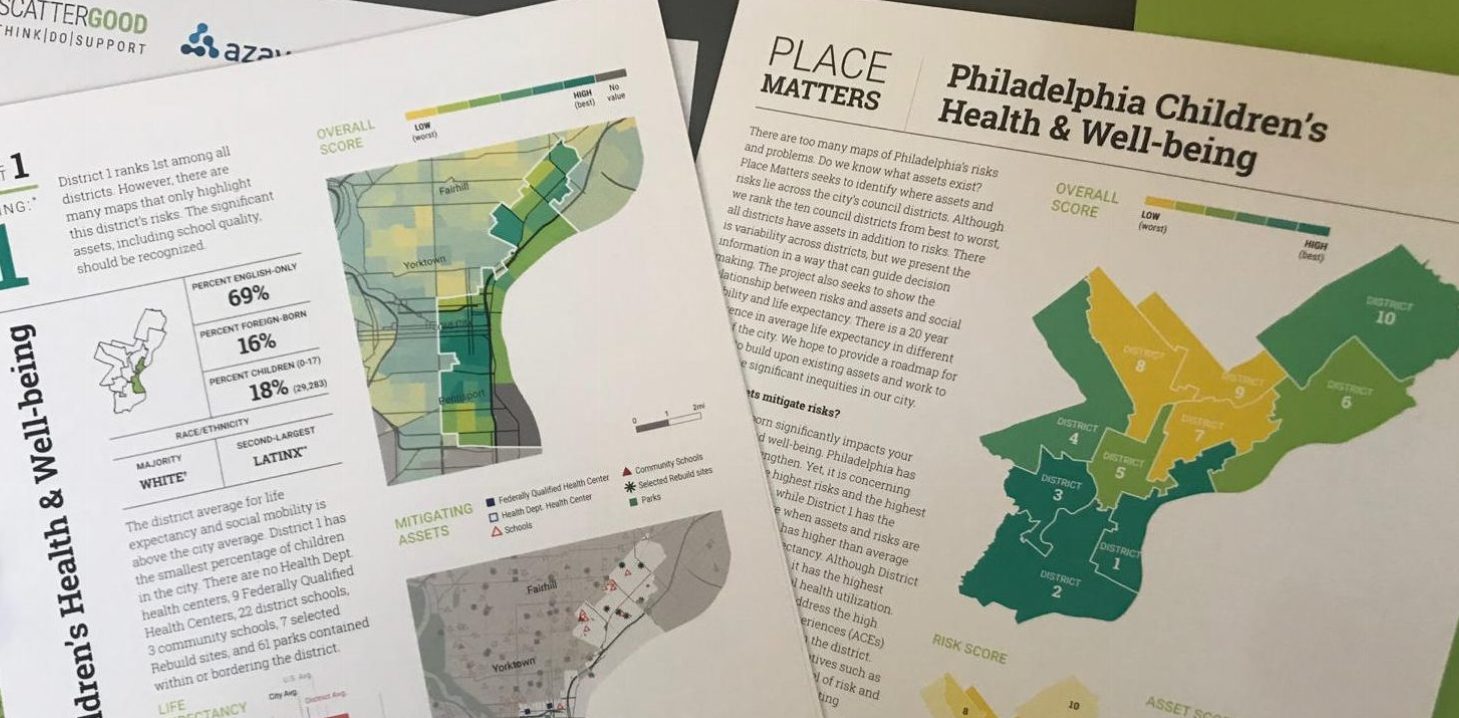Get Involved

 Become a Thought Partner
Become a Thought Partner
Partner with us to produce thought leadership that moves the needle on behavioral healthcare.
 Other options to get involved
Other options to get involved

Thank you!
We received your information and will be in contact soon!
Get Involved

 Grantmaking
Grantmaking
We fund organizations and projects which disrupt our current behavioral health space and create impact at the individual, organizational, and societal levels.
 Participatory Funds
Participatory Funds
Our participatory funds alter traditional grantmaking by shifting power
to impacted communities to direct resources and make funding decisions.
 Special Grant Programs
Special Grant Programs
We build public and private partnerships to administer grant dollars toward targeted programs.
 Program Related Investments
Program Related Investments
We provide funds at below-market interest rates that can be particularly useful to start, grow, or sustain a program, or when results cannot be achieved with grant dollars alone.
Get Involved

 Tia Burroughs Clayton, MSS
Tia Burroughs Clayton, MSS
Learning and Community Impact Consultant
Add some text here
 Alyson Ferguson, MPH
Alyson Ferguson, MPH
Chief Operating Officer
Contact Alyson about grantmaking, program related investments, and the paper series.
 Samantha Matlin, PhD
Samantha Matlin, PhD
Senior Learning & Community Impact Consultant
Contact Samantha about program planning and evaluation consulting services.
 Caitlin O'Brien, MPH
Caitlin O'Brien, MPH
Director of Learning & Community Impact
Contact Caitlin about the Community Fund for Immigrant Wellness, the Annual Innovation Award, and trauma-informed programming.
 Joe Pyle, MA
Joe Pyle, MA
President
Contact Joe about partnership opportunities, thought leadership, and the Foundation’s property.
 Bridget Talone, MFA
Bridget Talone, MFA
Grants Manager for Learning and Community Impact
Add some text here

With the release of an important new report, the Scattergood Foundation challenges all of us to rethink our approach to solving the problems that challenge the health and well-being of Philadelphia’s children. The report urges policy makers and funders to look beyond the city’s problems and take an asset-based, data-driven approach to improving outcomes for the city’s children.
The report examines the distribution of assets in each of the 10 city council districts and ranks each district by how those assets stack up against the level of risk faced by children in those areas. Although we rank the districts from best to worst, all districts have some level of risk to address and assets to strengthen. The report demonstrates that depending on where you grow up in the city there can be a 20-year difference in your life expectancy.
“There are dozens of maps that highlight Philadelphia’s problems. But these maps don’t tell us anything about how to address them. Philadelphia has many assets that can and do mitigate risks, yet as a city, we have not approached resource allocation based on strengthening assets in areas with the greatest risk,” says Joe Pyle, President at Scattergood.
As might be expected, there are glaring inequities throughout the districts. For example:
District 7 has the highest percentage of children and the highest level of risk among all Council Districts.
District 1 has the fewest percentage of children and the highest or best cumulative score when assets and risks are combined.
“Achieving equity for children in Philadelphia will not occur by simply allocating the same amount of resources in every community, because the risks aren’t equally distributed. Rather we must consider the distribution of assets relative to risks,” says Samantha Matlin, PhD, Director of Evaluation and Community Impact.
The report was created in partnership with Azavea, a certified B Corporation that believes communities of knowledge, culture, and innovation are improved when outcomes and data are shared, enabling others to more effectively build on past work.
In developing the report, Scattergood and Azavea examined five areas of risk in each district including crime, limited education, poverty, unemployment, and Adverse Childhood Experiences (ACE). It also assessed the mitigating assets in each district including school quality, access to parks and recreation centers, fresh food access, behavioral health utilization, and SNAP utilization. Utilization of behavioral health services and SNAP benefits are considered assets because we believe they can address behavioral health needs and food insecurity. Risks were subtracted from assets to determine a final cumulative score for each district.
The report was lauded by David Rubin, MD, MSCE, Director of PolicyLab and Population Health Innovation at Children’s Hospital of Philadelphia. “I applaud the Scattergood Foundation for realizing that in order to make meaningful improvements in children’s well-being, we need the ability to better examine access to services across all neighborhoods in Philadelphia. The Foundation’s report provides an invaluable guide by which our city can help make more informed and proactive decisions to improve programs and care for all of Philadelphia’s children and adolescents,” says Rubin.
“This report will help elected officials and their staff to make data driven decisions and focus efforts on where they are most needed in our city,” says Omar Woodard, Executive Director of GreenLight Fund Philadelphia.
The project was designed to initiate a citywide and regional conversation about taking a strengths-based approach when addressing problems. We hope to include additional partners for future versions of this report, with the goal of incorporating additional assets. We also invite other cities or regions to adapt our methodology to their locations and to start a conversation about how to highlight assets in addition to risks.
The report, an FAQ about the report and the study methodology will be made available at: www.scattergoodfoundation.org
For more information, please contact smatlin@scattergoodfoundation.org
#####
The Scattergood Foundation believes major disruption is needed to build a stronger, more effective, compassionate, and inclusive health care system – one that improves well-being and quality of life as much as it treats illness and disease. At the Foundation, we THINK, DO, and SUPPORT in order to establish a new paradigm for behavioral health, which values the unique spark and basic dignity in every human.













